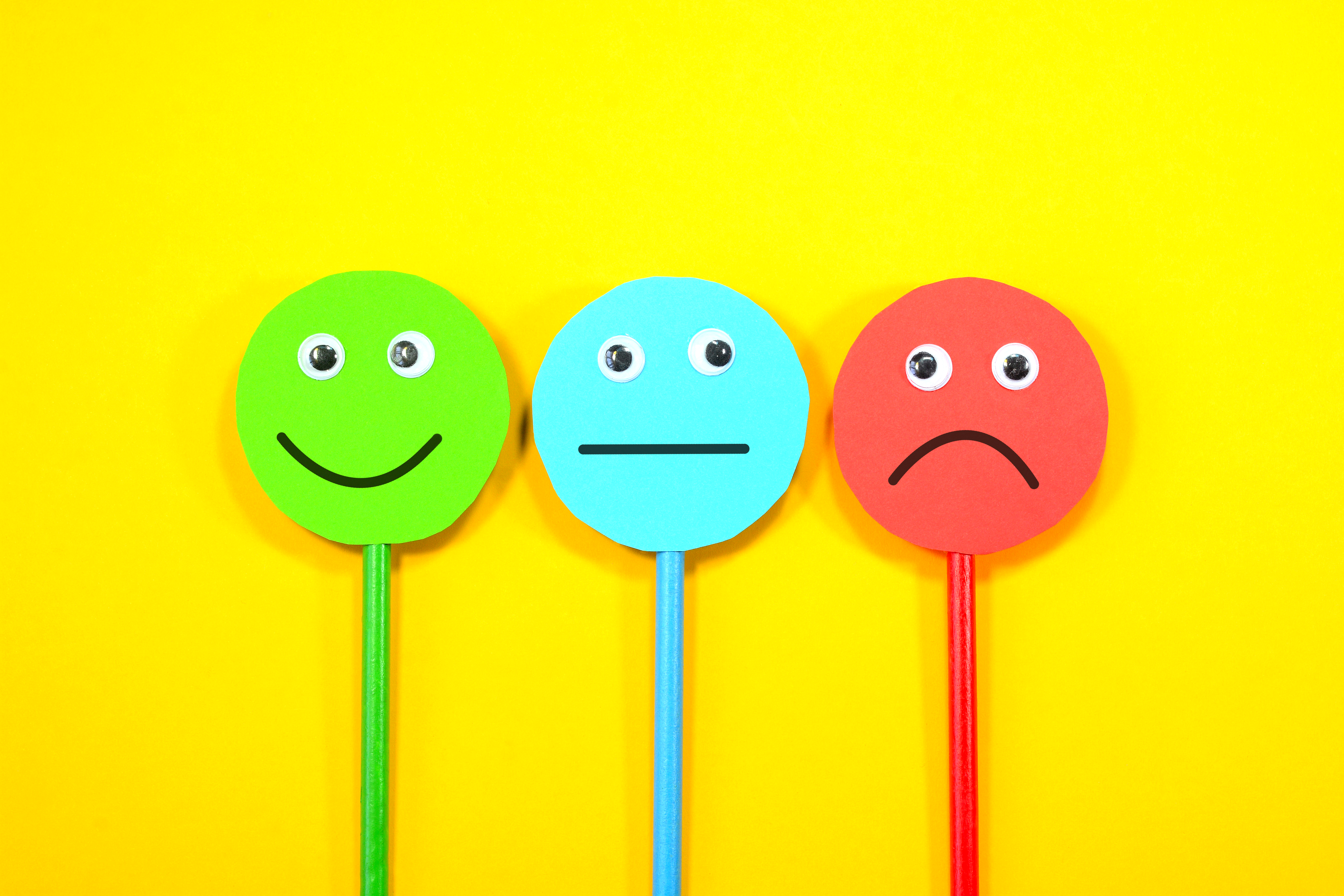Life is rife with challenges — divorce, illness, stress, financial trouble, unemployment — that often lead to emotional distress. Trying to determine if your mental health would benefit from special attention from a therapist can be tricky, but a new study found more of us are leaning toward seeking help.
The study, published in the journal JAMA Psychology, shows that while the use of mental health services has gone up from 19 percent to 23 percent over the 10 year period beginning in 2004, those tapping resources were mostly individuals with less serious afflictions. People suffering from graver conditions, about a third of the 139,862 adult participants, aren’t seeking treatment, according to the study’s lead author Mark Olfson, M.D., a professor in the department of psychiatry at Columbia University. “The more serious problems some people have actually interfere with their awareness of their need for treatment,” Olfson tells Thrive Global. This is particularly troubling in light of a newly published study of 5.9 million Danish participants finding that people diagnosed with one mental health disorder are at higher risk of developing another.
To help you assess whether you or a loved one could benefit from talking to a mental health pro, Thrive spoke with C. Vaile Wright, Ph.D., the director of research and special projects at the American Psychological Association, as well as Olfson, to highlight the telltale signs of someone in need of help. While all of the signals below warrant a consultation with a therapist, Olfson and Wright emphasize that the first two likely indicate you are in more urgent need of treatment.
You feel engulfed by sadness
Wright and Olfson point out that we all experience moderate levels of anxiety or bouts of the blues, but if your darker mood endures — “a running tape of negative thoughts,” Wright calls it — it’s time to check in with a specialist. “When you can’t get out of your funk for two weeks or more, that’s beyond normal levels of stress or sadness,” she says.
You no longer want to do things you love
If you suddenly feel completely uninspired by activities that once delighted you (i.e. visiting museums, playing a favorite sport, going to hear live music, reading fiction) you’re probably suffering from something more than a temporary sense of apathy. “Losing interest in activities you’ve historically enjoyed,” says Olfson, is a key symptom of depression. An insistent feeling of gloom and doom combined with indifference toward hobbies you previously loved, says Olfson, potentially point to depression or anxiety disorder. “Those two things are often warning signs that people are at risk for having one or both of those very common mental illnesses,” Olfson says.
You’re experiencing weird physical symptoms
“When people are having mental health issues, they often experience them both emotionally and physically,” Wrighte emphasizes. So if you’re suddenly experiencing weird stomach issues, headaches, increased blood pressure and just overall body tension, it might be a manifestation of your psychological state. If that sounds like you, first, rule out any other medical explanations by visiting your primary care doctor, then listen to what your body is telling you.
You’re suddenly struggling to sleep
Trouble sleeping can be a sign of a psychological struggle, but the symptoms vary depending on the issue. “Difficulty falling asleep is something that’s often connected with anxiety,” Olfson says, while “interrupted sleep or waking up earlier can be an early sign of depression.” Ask yourself if your sleep patterns have changed.
Eating feels like a chore
If the thought or act of eating feels unappealing or effortful, that’s a red flag. For those struggling with mental illnesses like depression or anxiety, “Food no longer appeals to you and you have to make a conscious effort to eat,” Olfson says.
You can hardly get out of bed
A marked decrease in energy is an early sign of depression and an indication that you need to see a mental healthcare professional, says Olfson. “Everything becomes an effort. Things you used to be able to do without even an awareness of doing it, you have to push yourself to do because you’d rather be home and in bed or doing nothing.”
Loved ones tell you you’re not yourself.
Trust the opinions of those close to you, especially if you live together. “People who live with an individual can sometimes spot trouble before the person can,” Olfson says. “When people say, ‘You’re not yourself,’ they may be picking up on something you’re not seeing,” so take their armchair evaluation seriously.
As a general rule, Olfson encourages us to keep a lookout for “a change in your baseline.” Any negative deviation from your “normal” could be a sign it’s time to check in with someone.
Ready to get help?
If you think you’re ready to seek out a therapist, first ask for referrals from friends, family members or your primary care doctor, advises Wright. You can also scroll through your insurance company’s online database to find therapists in your network or search by location for clinicians on Psychology Today or the APA’s Psychologist Locator, where you can also read their professional bios and specialties.
And don’t give up if your first visit is a bust. “You might not find the right match the first time around,” Wright says. The best barometer for assessing whether a therapist is a good fit, aside from making sure they have the proper licensing and experience to address the issues you’re contending with, is whether or not the two of you have chemistry. “You should feel like they get you and that you can build a level of trust with them,” Wright says.
Follow us here and subscribe here for all the latest news on how you can keep Thriving.
Stay up to date or catch-up on all our podcasts with Arianna Huffington here.


